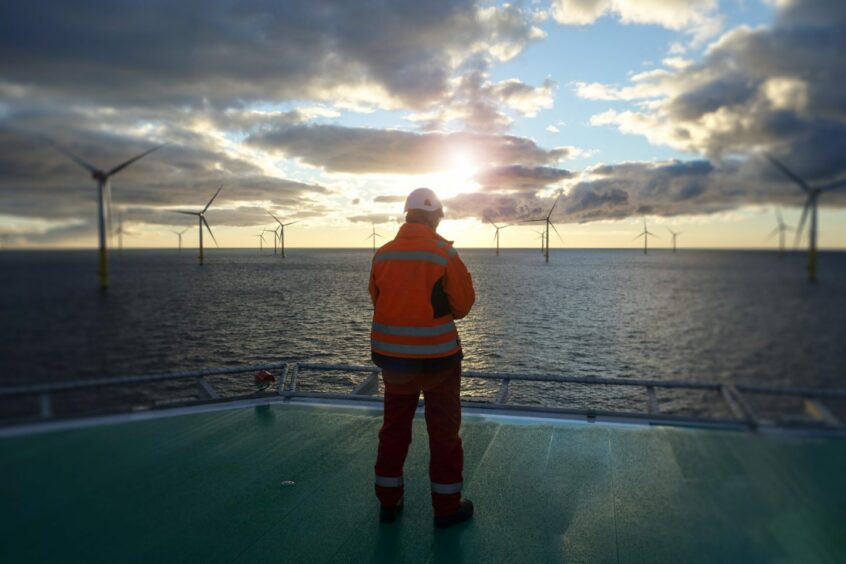
The second report from Scotland’s Just Transition Commission (JTC) presses the importance of workforce planning, transmission reform and an energy roadmap, as a “perfect storm” threatens progress.
The second JTC convened in early 2022 with a remit to provide scrutiny and advice on the Scottish Government’s sectoral and regional just transition plans, advising on suitable approaches and engage with those most likely to be impacted by the transition.
Its newest report highlights the areas of “primary importance” to delivering that transition, spanning key sectors including buildings, energy, transport and land use, and their links to financial and social impact.
In his foreword, chairman Professor Jim Skea praised the 24 recommendations of the previous JTC, and their acceptance by the Scottish government, but warned “this is not the time to rest on our laurels.”
Adding that the challenge has become “even more urgent” Professor Skea said a “perfect storm” of COVID and the war in Ukraine has widened inequalities through impacts on food and energy prices, while the wider energy crisis has serious implications for net zero emissions.
Looking at the energy sector specifically, the JTC said a “fairer” energy system must be a key outcome of a just transition – particularly as energy costs soar – and warned that low-carbon or renewable energy projects must benefit local communities as well as government or industry.
To achieve that, the report calls for an “energy roadmap to net zero” to be embedded within all transition planning, alongside a matching investment plan.
This would highlight milestones through to 2045 specifying emissions reductions and quantities of CO2 to be sequestered to compensate for hard-to-abate sectors.
In addition, it would provide “clear statements of intent” on energy usage, activity level and the fiscal landscape, which will help the supply chain make investment decisions.
“Without anticipatory investment, solutions will remain costly, the transition will be delayed, and generation projects and equipment manufacture will go elsewhere,” the report warns.
As well as clarity on the use of land and sea for energy production and urgent action on fuel poverty, the commission also pressed for “serious” workforce planning “beyond a narrow focus on ‘green jobs’”
Echoing the findings of a recent RGU report, the JTC said it was essential to identify future job opportunities, what skills will be needed, and where they will be located, to help ensure the workforce was ready and upskilled, and that this process is done in “a fair and effective way.”
Looking at infrastructure, it found that the current electricity transmission charging process “militates against investment in Scottish solutions and inflates costs for Scottish communities,” and therefore requires “urgent reform.”
It called on the Scottish Government bring the “full weight of its influence” addressing the matter, which is currently overseen by Westminster.
The report precedes an Energy Strategy and Just Transition Plan (ESJTP) due to be published by the Scottish government later this year.
Initially slated for spring, ministers delayed the plan until the autumn, saying more time was needed to gather evidence and take account of the UK government’s recently released British Energy Security Strategy.
This will be followed by other Just Transition Plans issued for each sector, ahead of the next Climate Change Plan expected to be drafted by late 2023.
Recommended for you
